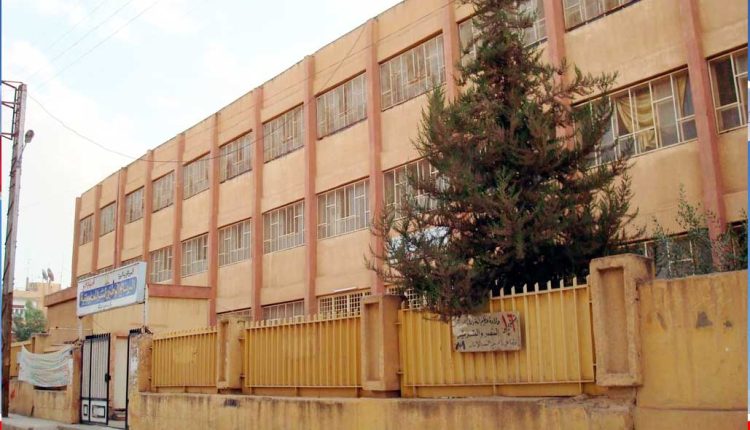Syrian Ministry of Education Grants Full Authority to Provincial Directors in Strategic Decentralization Move
By Kardo Roj
DAMASCUS, Syria (North Press) – Syria’s Ministry of Education announced a major administrative reform on Monday, granting provincial directors full powers traditionally held by the Minister of Education, a move officials say will bolster educational quality and adapt policies to regional needs.
Dr. Muhammad Abdul Rahman Turko, the Minister of Education, framed the decision as a strategic step toward sustainable educational development, emphasizing that decentralization enhances the responsiveness and efficiency of educational governance.
The decree, issued earlier in the day, delegates ministerial powers to education directors across all provinces, enabling them to make context-specific decisions in accordance with existing laws and regulations.
In a statement published on the Ministry’s official Telegram channel, Turko highlighted the benefits of this shift, describing it as a method to “achieve quicker and more appropriate decisions tailored to school realities and infrastructure needs, which differ widely between provinces.”
The Minister noted that additional decisions have already been made to widen the scope of administrative autonomy, aiming to empower local officials in the educational hierarchy.
“This aligns with our vision of reforming Syria’s educational system to increase the effectiveness and efficiency of school management,” Turko added. “We are fully aware of the value of implementing administrative decentralization to meet the varied and evolving educational needs across the country.”
The move is part of what the government is calling its “New Syria” approach—an initiative that seeks to modernize state institutions by redistributing administrative power and encouraging transparency, participation, and innovation in public services.
By decentralizing decision-making, the Ministry hopes to provide schools and educational departments with greater autonomy to address localized challenges, such as infrastructure gaps, logistical constraints, and curriculum implementation differences based on region-specific contexts.
Turko explained that under the new framework, both provincial governors and local education directors will share responsibility for the progress of educational services, thereby promoting shared accountability and more tailored educational policies.
The Ministry believes that empowering education leaders at the provincial level will allow for more agile responses to logistical challenges, a faster implementation of policies, and a boost in institutional capacity—all while maintaining alignment with national education standards.
The policy shift mirrors broader debates on decentralization within Syria’s fragmented administrative landscape. In areas under different forms of control—including regions governed by the Autonomous Administration of North and East Syria (AANES)—decentralized education systems have already been implemented with varying degrees of success, reflecting the country’s shifting governance dynamics.
While the Ministry’s move is distinct from the political model seen in northeast Syria, where education policy is managed autonomously by local institutions, the Damascus-led initiative could signal a trend toward more locally empowered governance in state-run territories.
Education specialists note that this form of decentralization, if applied effectively and transparently, could pave the way for more equitable and efficient delivery of public services.
As the Syrian education sector continues to grapple with the long-term effects of conflict, displacement, and infrastructure collapse, structural reforms such as administrative decentralization may offer a path toward recovery and modernization.
However, the success of this new strategy will depend on the clarity of roles, the capacity of local officials, and the central government’s willingness to support—not override—provincial autonomy.
In a nation where educational disparities remain significant, the implementation of this policy could mark a critical turning point in Syria’s journey toward reconstructing its public institutions and responding to the diverse needs of its population.

